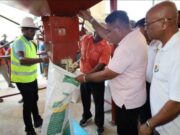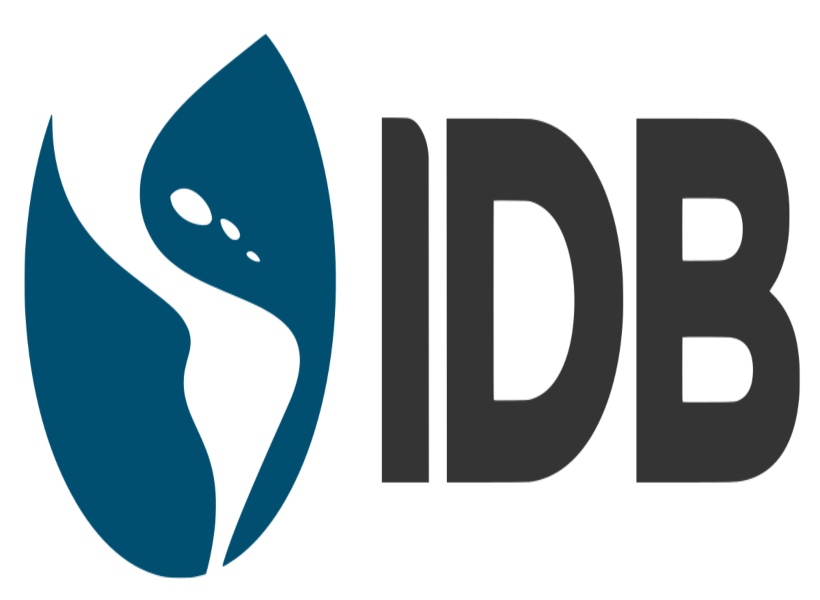Even though there is evidence to support the direct transfer of cash to the poor using a portion of a nation’s oil money, rapidly escalating these handouts could do more harm than good, says a report by the Inter-American Development Bank (IDB). According to the report called “Dutch Disease Phenomenon and Lessons for Guyana: Trinidad and Tobago’s Experience,” these types of expenditures stimulate demand and de-incentivize work.
Taking this into consideration, the financial institution opined that the State must create an enabling environment to encourage employment and other opportunities in the economy while protecting the poor and most vulnerable.
The bank said that Guyana should take a cue from the poor performance of Trinidad and Tobago on this matter while adding that it ought to emulate the fiscal discipline exhibited by Botswana and Chile.
Along with avoiding escalating handouts and subsidies, the bank said that policymakers would be wise to not allow the economy’s external competitiveness to decline. Towards this end, it stressed that the government must monitor trends in the industry, restrict the growth of inflation, enhance agricultural productivity and marketing of agricultural commodities and processed food items, and limit the incidence of asset price bubbles, especially in real estate markets.













